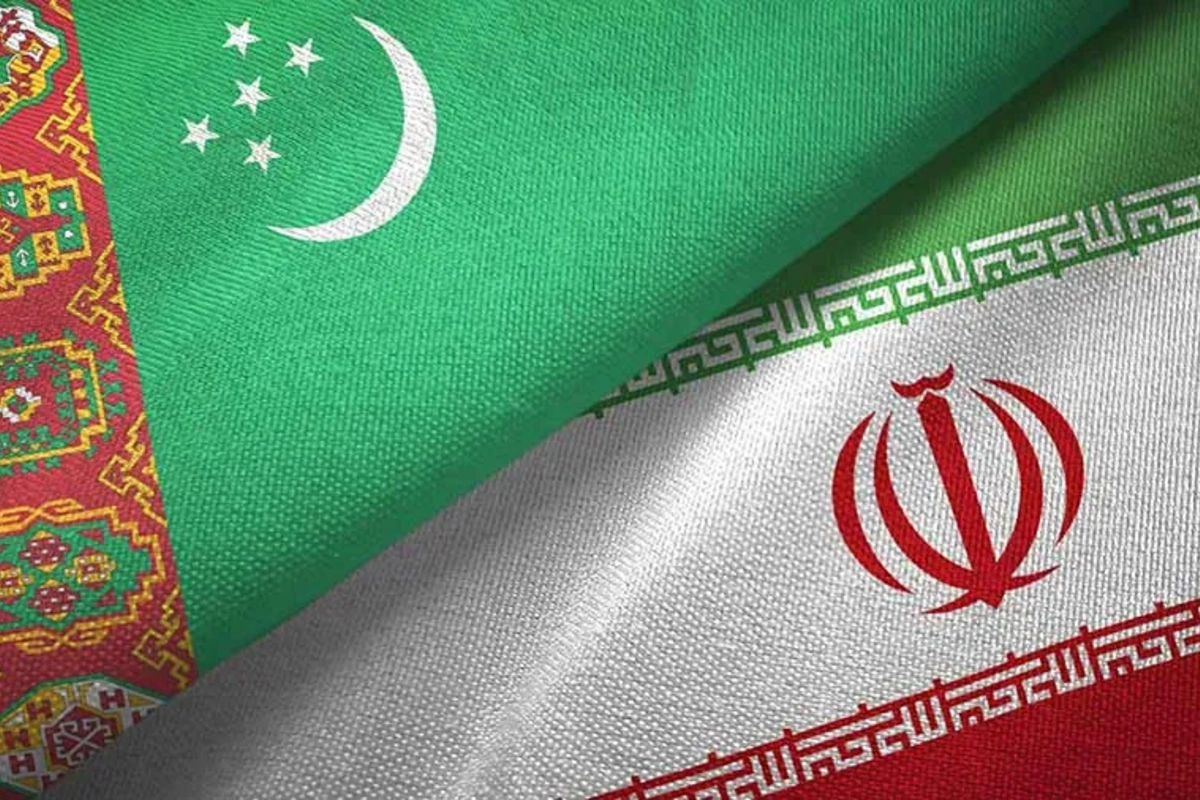
Photo credit: Orient.tm
Iran’s Minister of Roads and Urban Development, Farzaneh Sadegh, has proposed the development of a three-year roadmap aimed at increasing trade between Tehran and Ashgabat to $3 billion by 2028.
Speaking at the 18th Iran-Turkmenistan Joint Economic Cooperation Commission held in Tehran, Sadegh noted that bilateral trade between the two countries reached $600 million last year - an increase compared to the year before, The Caspian Post reports citing Iranian media.
She emphasized that collaboration with Turkmenistan remains a top priority for Iran, highlighting the high-level meetings and joint commissions as evidence of both nations’ commitment to strengthening economic ties.
Referencing the 17th Joint Commission held in Ashgabat in November 2023, Sadegh noted that the agreements made during that meeting have been effectively pursued and are progressing well.
Sadegh revealed that Iran and Turkmenistan have reached a strategic agreement in the field of transportation and transit. The two sides are aiming to transit 20 million tons of goods through their territories annually by 2028.
A breakdown of the transit goals includes: 6 million tons via rail; 7 million tons by road; 2.5 million tons through combined transport; and 500,000 tons by sea
Daily rail exchanges at the Sarakhs and Incheh Borun borders - 400 and 100 wagons respectively - are also being implemented through joint efforts of both countries’ railways.
In customs, both sides have made notable progress. They hold biannual meetings between customs officials and have signed a joint action plan starting in 2024 to deepen cooperation.
On the energy front, negotiations for a new gas deal have been ongoing. A key agreement was signed during the visit of Turkmenistan’s National Leader, Gurbanguly Berdimuhamedow, to Iran in September 2024. A separate agreement for gas transit to Turkey was also concluded.
Sadegh added that discussions have taken place regarding: Annual direct gas sales of 40 billion cubic meters; Construction of 125 kilometers of pipeline and two gas compressor stations in Turkmenistan by Iran; Gas payments and potential barter agreements; and electricity and Infrastructure
Progress in the electricity sector has been satisfactory, according to Sadegh. In December 2024, a contract was signed to extend Turkmenistan’s electricity exports to Iran for six months in 2025. Another major agreement included the launch of the Mary-Sarakhs electricity transmission line.
During the 17th summit, the two countries set a target of $3 billion in trade. Despite some hurdles, trade grew to $600 million in 2024. To reach the $3 billion goal, Sadegh proposed that experts from both nations jointly develop a strategic cooperation roadmap by 2028.
She also listed several recent initiatives to boost border trade: Virtual meetings on border commerce; A new MoU on cross-border trade; Easier visa issuance for businesspeople; Reopening of the Incheh Borun border crossing; Expansion of Turkmen stalls in Bajgiran border market; Identification of potential new border crossings with North Khorasan province; and participation of Turkmen officials in Iran Expo and AgriFood exhibitions.
Sadegh announced the finalization of a draft sports cooperation agreement and welcomed Turkmenistan’s proposal to establish a joint trade zone in the Sarakhs border area. She also suggested considering another trade zone in Lotfabad.
In technical and engineering services, she reported progress in involving Iranian firms in Turkmen infrastructure projects, including an agreement to build the Qamdaq-Atrak road near the border.
Technical committees will continue discussions on transportation, energy, customs, trade, investment, and banking over the next two days. The 18th commission meeting, co-chaired by Minister Sadegh and Turkmenistan’s Deputy Prime Minister and Foreign Minister Rashid Meredov, will conclude with the signing of new agreements.
The commission, held from May 17 to 20, includes expert sessions to finalize new MoUs across sectors including oil and gas, petrochemicals, agriculture, entrepreneurship, environment, meteorology, tourism, and media. The final agreements will be signed during the closing ceremony on Tuesday, May 21.
Share on social media